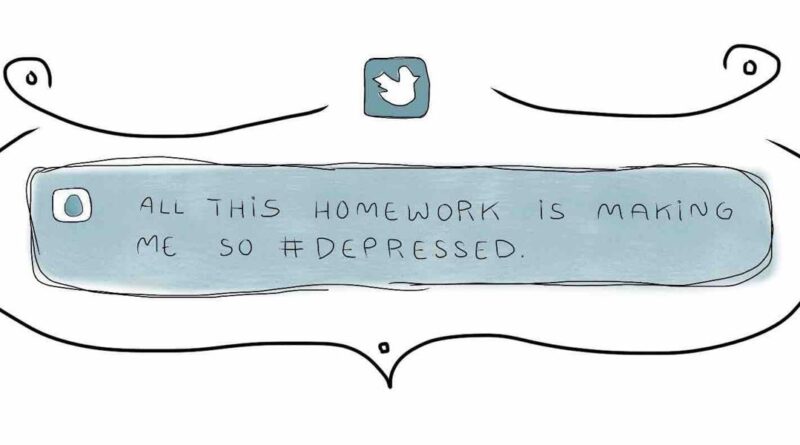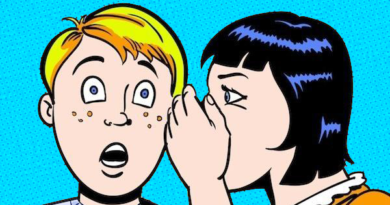Stop Using Crippling Mental Disorders as Trendy Buzzwords
I was sitting in my English class when I heard a group of girls talking very loudly. While I shouldn’t have been eavesdropping, they shouldn’t have been speaking at a 1,000 decibels. What caught my attention was when someone said they were feeling “bipolar” so they dyed their hair. If I recall correctly, my crippling manic-depressive cycles don’t result in new hair. They result in not sleeping for 6 days, making life changing decisions on an impulse, and ruining relationships by accident. When did we start using mental health terms so casually?
Social media movements have opened the door to conversations around mental health. The fact that people can casually talk about feeling depressed or anxious is huge progress. Being able to express your feelings to a friend is something that was looked down upon less than 20 years ago. But, the thing is, those feelings are not synonymous with having actual mental disorders.
Have you ever heard someone who was just broken up with or had a bad day say they are “so depressed?” Or maybe you watched someone cleaning up and claim they are “OCD.” I’ve heard people say they have anxiety because they are nervous about a test or are struggling due to a life event. These emotions are very real to those who are dealing with them. I’m not taking away from the validity of that. These feelings are real but they are not mental disorders.
People need to realize just how hard it is to be living with these things. Having depression isn’t feeling sad sometimes, it’s staying in bed all day because you psychically can’t bring yourself to move. It’s crying yourself some nights, while you spend others wishing you could cry. It’s really wanting to do something but not being able to because you have no motivation. It’s not washing your hair for three weeks. Casually saying “I’m depressed” when you are feeling down takes away the value from those who are actually struggling with depression. The same can be said for any other disorder. No one would say that they had cancer because they were feeling physically unwell.
It is worth noting that it is incredibly time consuming and expensive to get diagnosed with a mental disorder. Those with parents who do not understand mental health may not even give you the time of day. Reach out to the people in your lives, especially trusted adults. The counseling department is more than happy to hear you out and can even help you get professional help.
Keep in mind that a majority of the time, psychiatrists and psychologists diagnose people in order to help find the correct medication for what they are dealing with. You can be struggling without a diagnosis and your feelings are still valid. If you genuinely feel as though you are dealing with something serious, do research and advocate for yourself. See what tips you can find that have helped other people in similar situations. There are support groups available for so many different things.
Feeling anxious is not the same as having a panic attack. Being lonely isn’t the same as being antisocial. And above all, trauma does not “add spice.” People who do not suffer from mental disorders should be aware of their mental health, but remember that feelings are just that, feelings. They are not a reason to stop the progress we are making towards a world where mental illness is taken seriously on every occasion.




